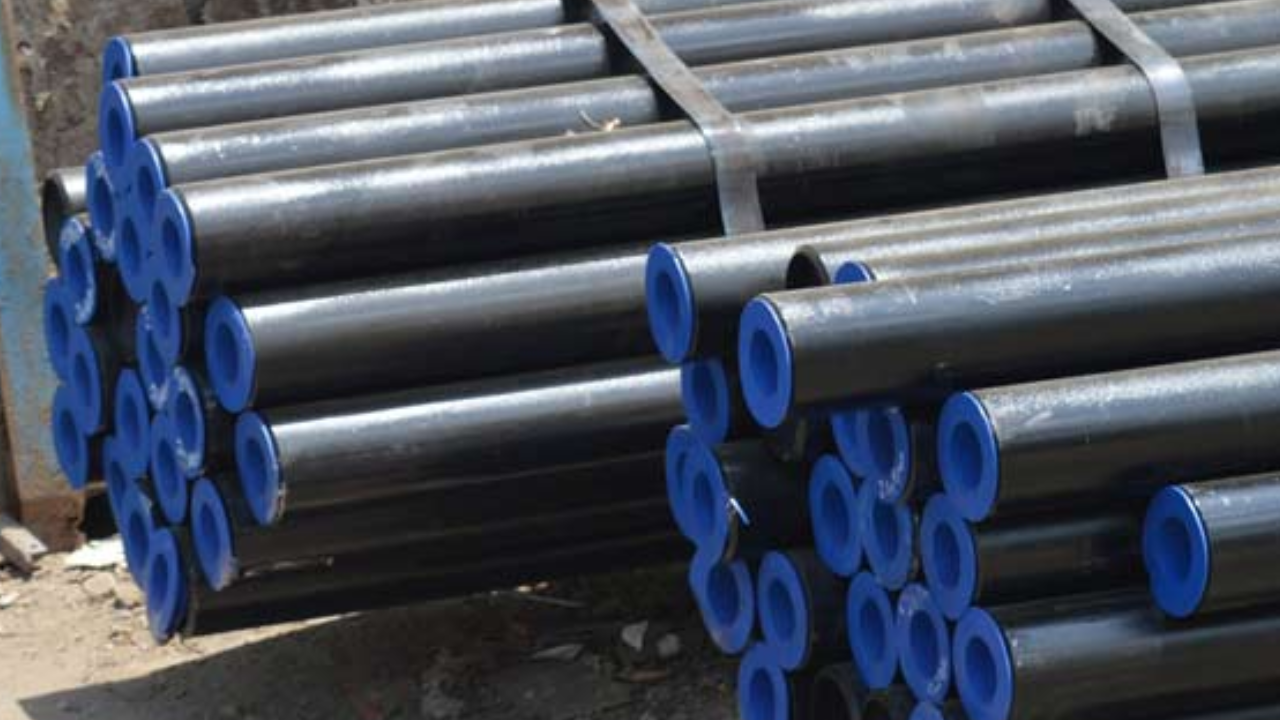Pipeline transport is a special way of transporting gasoline, liquid, and strength over lengthy distances. It became an important hyperlink between manufacturing and the market. For instance, the transportation of important electricity and materials which includes oil and gas, could be effectively and correctly transported from deep underground to each corner of people’s lives.
Additionally, pipelines have an extended provider life and may be scaled to meet increasing demand. Their capacity to function independently of weather situations further complements their reliability. Typically, pipeline transport performs a crucial role in ensuring the clean and efficient transport of important sources, assisting economic balance and improvement. Some advantages and disadvantages of pipeline transport are discussed in this article.
Advantages of Pipeline Transport
Pipeline transport is an important mode of transporting various fluids, consisting of oil, gas, and water. They offer a continuous, constant supply of assets that is important for industries and groups. It gives numerous advantages but additionally comes with its set of disadvantages. Here is a comprehensive study of the key advantages of pipeline transport.
Cost Efficiency
Pipeline transport is relatively cost-powerful, in particular over long distances. As soon as the pipeline infrastructure is in the vicinity, the running fees are fairly low compared to different modes of transport including rail or truck. Pipelines provide continuous and reliable transportation without the want for common human intervention.
Environmental Effect
Pipelines have a lower environmental footprint all through operation in comparison to trucks and trains, which emit greenhouse gasses. Modern-day pipelines are also designed with superior leak detection structures and substances that limit the danger of environmental infection.
Reliability
Pipelines offer an extraordinarily dependable and consistent flow of substances, unaffected by way of weather conditions or site visitor congestion. This non-stop transport gadget guarantees a consistent supply to quit customers.
Scalability
Pipelines may be scaled to satisfy demand, both through growing the diameter of the pipes or through adding parallel traces. This adaptability permits the efficient transport of large volumes of materials. Expanding a current pipeline community can accommodate expanded production from new oil fields without the need for large new infrastructure.
Reduced Traffic Congestion
Through the use of pipelines, the quantity of unsafe substances transported with the aid of avenues or rail is reduced, reducing traffic congestion and the hazard of accidents. Decreasing the number of tanker vans on highways enables relief of traffic congestion and lowers the danger of street injuries involving risky substances.
Long-term Sturdiness
As soon as constructed, pipelines have a protracted provider existence, frequently exceeding 50 years with proper upkeep. This lengthy period of sturdiness makes them a reliable investment for continuous transport wishes. Many pipelines built a long time in the past are still in operation these days, demonstrating the longevity and resilience of this transport approach.
Advantages of Pipeline Transport
Here is a comprehensive study of the major disadvantages of pipeline transport.
Environmental Risk
Despite safety measures, pipelines nevertheless pose environmental dangers, in particular, if they leak or rupture. Oil spills and gasoline leaks could have intense environmental and ecological impacts.
Constrained Flexibility
Pipelines are constant infrastructures, making them less bendy than trucks or trains, which could exchange routes as wanted. This loss of flexibility may be a drawback if there are shifts in call for or supply places. If an oil subject becomes depleted, the pipeline serving it can become redundant, and re-routing is not feasible.
Maintenance and Monitoring
Continuous maintenance and monitoring are required to ensure the integrity and protection of pipelines. This ongoing want for inspection and repair can be costly and resource-intensive. Corrosion, herbal failures, and third-celebration harm require ordinary tracking and preservation to prevent leaks and ensure secure operation.
Regulatory Demanding Situations
Pipeline projects frequently face tremendous regulatory hurdles, together with environmental impact checks, land acquisition troubles, and compliance with several local, national, and international policies.
Vulnerability to Sabotage and Terrorism
Pipelines are prone to sabotage, terrorism, and theft, mainly in politically risky regions. Shielding pipelines from those threats calls for sizable safety features. Pipelines in conflict zones are frequently targeted by militant corporations, leading to giant financial and environmental damage.
Social and Cultural Effects
The construction of pipelines can cause displacement of groups, disruption of local economies, and conflicts with indigenous populations. Those social and cultural effects can cause public competition and delays in the challenge of completion.
Sum Up
Pipeline transport offers significant advantages, including price efficiency, protection, and reliability, making it a favored preference for transporting large volumes of fluids over long distances. Pipeline transport is important for efficiently shifting large volumes of fluids, inclusive of oil, natural gasoline, and water, over long distances. It gives a reliable and value-powerful solution as compared to other transport methods like road and rail. Pipelines limit traffic congestion and decrease the risk of injuries and environmental risks associated with different transport modes.


